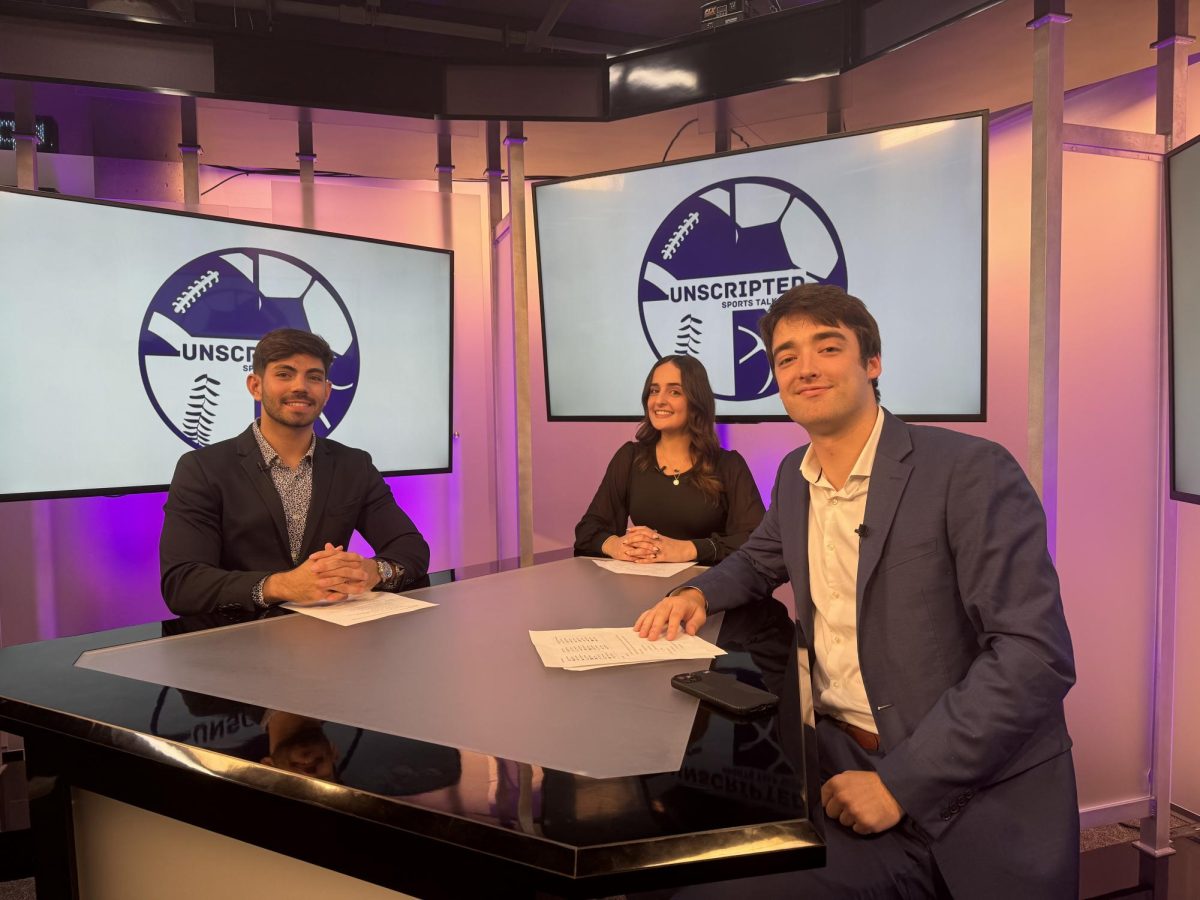In a time when the world of sports is so concerned with the words “I,” “Me” and “You,” TCU seems to have found an individual who still knows the meaning of “We.”Daniel Morrison Jr., TCU’s new athletics director, has expectations set far beyond the simple science of team records and goal differentials.
“Things are already working pretty well here. We just need to make a few tweaks,” Morrison said. “We just want to help young athletes reach their abilities.”
Morrison is no stranger to team athletics – he was a four-year letterman in basketball at South Carolina’s Wofford College. His take, however, is a little less glamorous.
“I wasn’t very good,” Morrison said with a laugh. “When you get called scrappy, or energetic, you know you’re probably not very good. But I loved it. It was a really great experience.”
Morrison has an extensive history in both athletics and administration, and has filled a variety of jobs en route to his recent hiring, including four years as commissioner of the Southern Conference. Despite the admirable rÂsumÂ, Morrison is quick to pass the torch of his success on to others.
“I’ve been blessed to work with really good people,” Morrison said. “Coaches, bosses … to be honest, I’ve never felt like I’ve had a job. I’ve loved every job I’ve had.”
Ross Bailey, associate athletics director, sees Morrison’s past as a positive.
“He really understands the whole leadership side of (the administration),” Bailey said. “He definitely sees the big picture.”
In the aftermath of TCU’s recent athletics administration shake-up, Morrison is ready to commit to the future of Horned Frog athletics.
“I’ve always done the best I possibly can at whatever job I’m holding,” Morrison said.
Terri Cain, administrative assistant for the athletics department, agrees.
“(Morrison) works very hard,” Cain said. “I think he gets here at 6 a.m. every morning and leaves at 11 p.m. He is awesome.”
His move to Fort Worth may mark his first residence outside of the Carolinas, but Morrison already feels at home.
“When I came here to visit, I disguised myself in an orange shirt as a (University of) Texas fan,” Morrison said. “There’s just good people here. There was an obvious pride in this place.”
The university’s already-strong reputation played an important role in Morrison’s decision to be a Horned Frog.
“There are winning teams, and then there are winning programs,” Morrison said. “TCU is a winning program.”
Bailey understands Morrison’s reasoning.
“At his age, in his career – because he was well established where he was – he has no reason to change jobs unless he’s really excited about what he’s going to be doing,” Bailey said.
Success, however, isn’t immediate.
“I believe in ‘continued improvement,'” Morrison said. “There’s usually not some quantum leap (in success). It’s baby steps, then after several years you look back and see just how far you’ve come.”
TCU’s move to the Mountain West Conference and recent staff rebuilding are signs of the ever changing times. Morrison’s approach however, is anything but orthodox.
“We’re on a L.T.L. Tour – Listen, Thank People, and Learn,” Morrison said. “I want to make sure that I thank all the faculty here for already doing a great job.”
Morrison is a good friend of TCU’s previous athletics director, Eric Hyman. When asked who had the better situation – Hyman at South Carolina with college football legend Steve Spurrier, or himself at a budding TCU program – Morrison could only smile coyly.
“They’re both really great opportunities,” he said.
Nothing tells more about a person than the environment they work in, however. To prove the point, Morrison has always kept with him a small, unobtrusive sign that continues to ground him in reality. The two critical parts of the message?
“The one most important word: We. The least important word: I.





